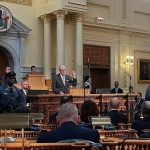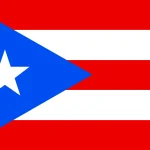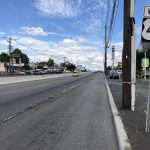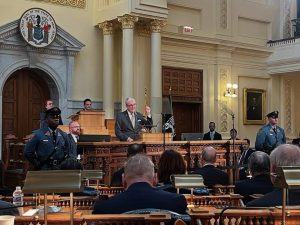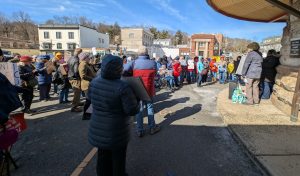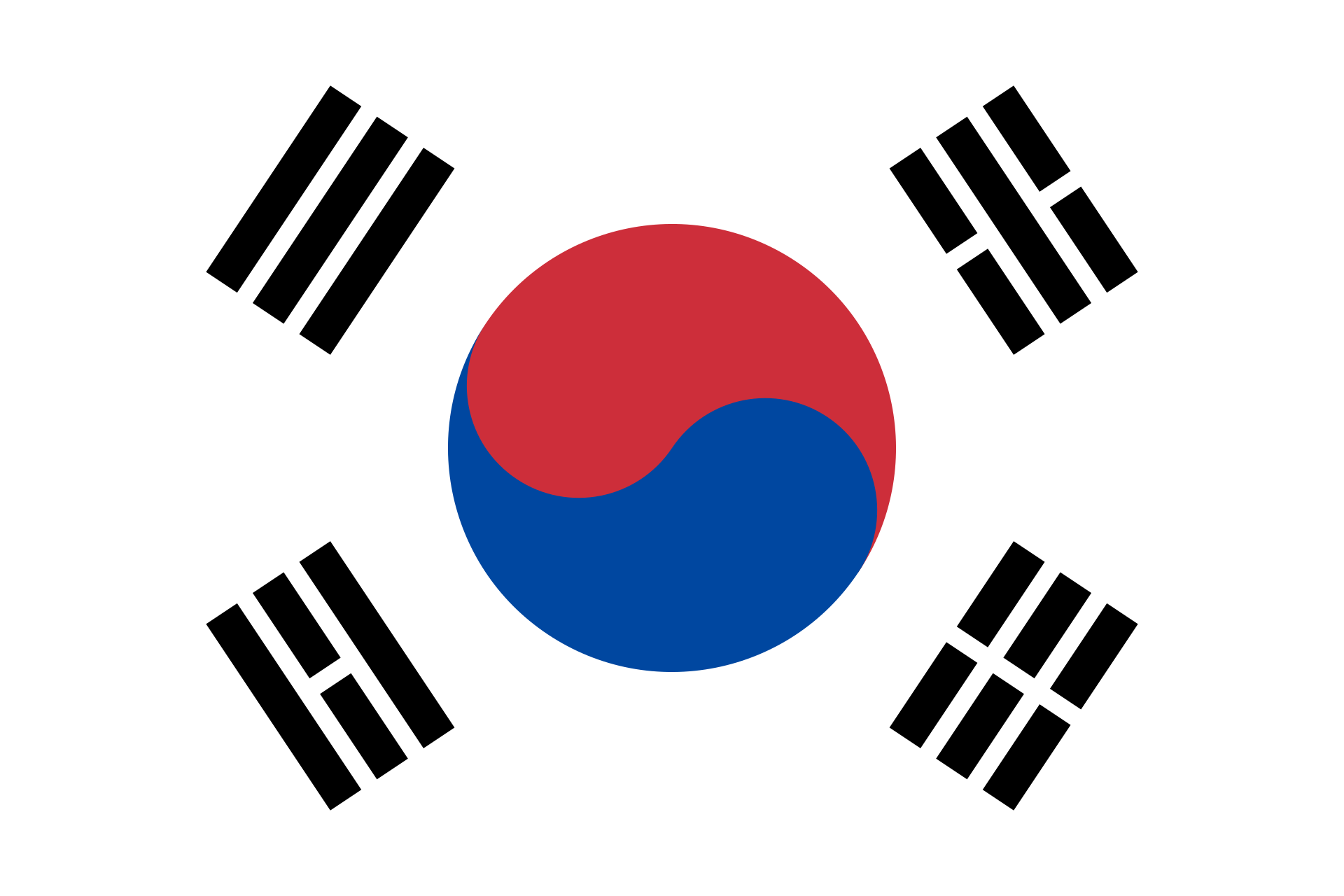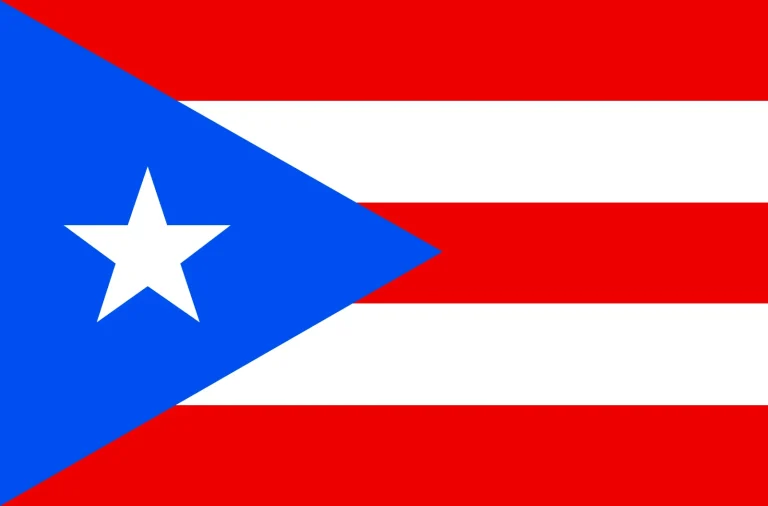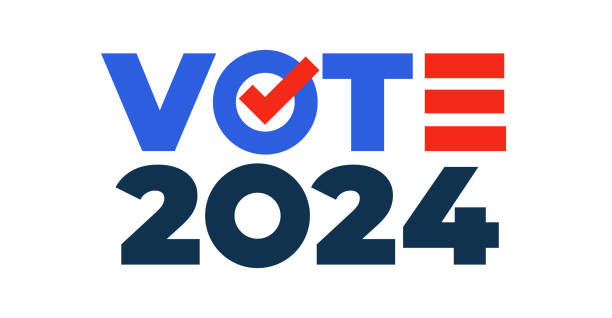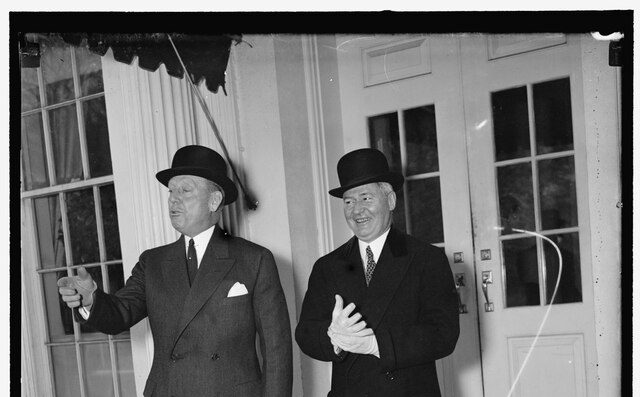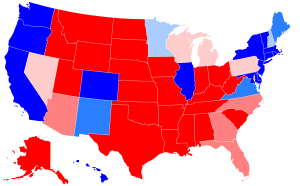New Jersey’s towns with the largest Korean-American populations showcased distinct voting patterns in the presidential and Senate races, reflecting a blend of local and national political priorities.
In Palisades Park, where 54% of the population identifies as Korean-American, the Democratic presidential candidate secured a narrow six-point victory, while the Republican Senate candidate carried a decisive 28-point lead.
Ridgefield, with a 24% Korean-American population, leaned Republican at the presidential level, favoring the GOP candidate by eight points. The Senate race was closer, with the Republican Senate candidate edging out a three-point win.
In Fort Lee, another town with a 24% Korean-American population, the Democratic presidential candidate dominated, winning by 15 points. The Democratic Senate candidate performed even better, securing a 24-point lead.
Edgewater, with 20% of its population identifying as Korean-American, strongly backed the Democratic candidates, awarding them a 28-point margin in the presidential race and a 32-point margin in the Senate contest.
The voting trends highlight the diversity of political preferences within New Jersey’s Korean-American communities, with notable variations between towns and races that may reflect local issues, candidate appeal, and broader national dynamics.

